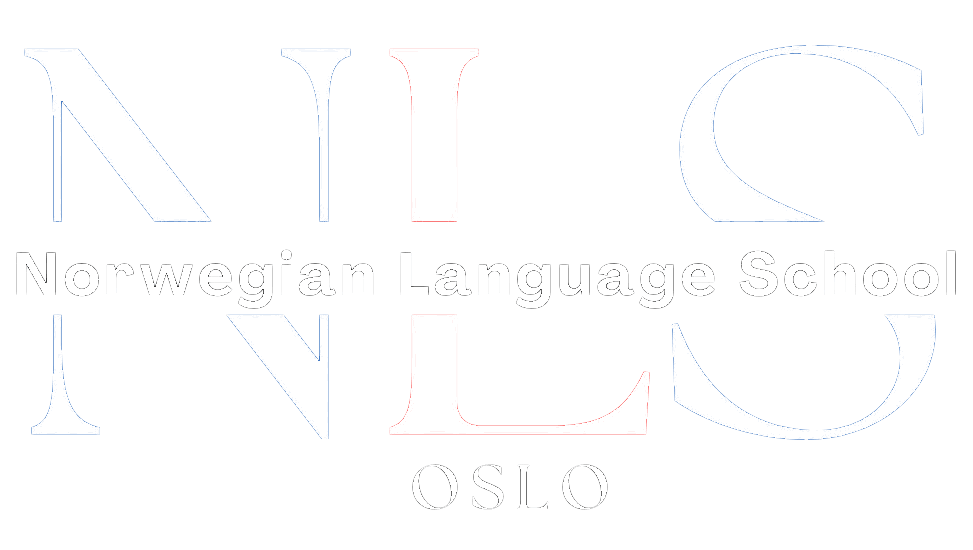Language proficiency is a crucial skill in today’s globalized world, and it holds particular importance in the Norwegian job market. Norway is known for its high standard of living and strong economy, making it an attractive destination for job seekers from around the world. However, to succeed in the Norwegian job market, it is essential to have a strong command of the Norwegian language. In this article, we will explore the importance of language proficiency in the Norwegian job market and how it can give job seekers a competitive edge.
Table of Contents
ToggleKey Takeaways
- Language proficiency is highly valued in the Norwegian job market.
- Having strong language skills can give job seekers an edge in the hiring process.
- Being multilingual can provide numerous benefits in a global economy.
- Language proficiency plays a crucial role in building strong business relationships.
- Language skills can help individuals stand out in a crowded job market.
The Importance of Language Proficiency in the Norwegian Job Market
Norway is a country that highly values language proficiency, particularly in the workplace. The Norwegian language is the official language of Norway, and while many Norwegians speak English fluently, having a strong command of Norwegian is still highly valued. This is because language proficiency is seen as a reflection of a person’s ability to integrate into Norwegian society and understand its culture.
In various industries, language proficiency plays a crucial role. For example, in customer service roles, being able to communicate effectively with customers in their native language can greatly enhance the customer experience. In healthcare, being able to communicate with patients in their own language can improve patient outcomes and satisfaction. Additionally, in industries such as law and finance, where precise communication is essential, having a strong command of the language is crucial for success.
How Language Skills Can Give You an Edge in the Hiring Process
Having strong language skills can make a candidate stand out in the hiring process. Employers value candidates who can effectively communicate with colleagues and clients, and having language skills demonstrates this ability. For example, if a company has clients or partners in non-English speaking countries, they may prioritize candidates who can communicate with them directly.
To highlight language skills on a resume, it is important to include them prominently in the skills section. It is also beneficial to provide specific examples of how language skills have been used in previous roles or experiences. During an interview, candidates can further highlight their language skills by discussing specific situations where they have used their language skills to solve problems or build relationships.
The Benefits of Being Multilingual in a Global Economy
| Benefits of Being Multilingual in a Global Economy |
|---|
| Increased job opportunities |
| Better communication with clients and colleagues from different countries |
| Improved cultural understanding and sensitivity |
| Enhanced problem-solving and decision-making skills |
| Higher salaries and career advancement opportunities |
| Increased competitiveness in the job market |
| Improved cognitive function and brain development |
| Greater opportunities for travel and personal growth |
In today’s globalized world, being multilingual is a valuable asset. It allows individuals to communicate with people from different cultures and backgrounds, opening up opportunities for collaboration and business expansion. Being able to speak multiple languages can also make individuals more adaptable and flexible in their careers, as they can easily navigate different cultural contexts.
Multilingualism can also lead to more job opportunities. Many companies operate globally and are looking for employees who can communicate with clients and colleagues from different countries. By being able to speak multiple languages, individuals can position themselves as valuable assets to these companies.
The Role of Language Proficiency in Building Strong Business Relationships
Language proficiency plays a crucial role in building strong business relationships. When conducting business with clients or colleagues who speak a different language, being able to communicate in their native language can help build trust and rapport. It shows that you respect their culture and are willing to make an effort to understand them.
Additionally, language proficiency is closely tied to cultural understanding. Language is not just about words; it is also about understanding the nuances and subtleties of a culture. By speaking the language of a particular culture, individuals can gain a deeper understanding of its values, customs, and traditions, which can greatly enhance their ability to build strong business relationships.
How Language Skills Can Help You Stand Out in a Crowded Job Market
In today’s competitive job market, having language skills can help candidates stand out from the crowd. With globalization, companies are increasingly looking for employees who can communicate with clients and colleagues from different countries. By having language skills, candidates can demonstrate their ability to work in diverse teams and navigate different cultural contexts.
Furthermore, the demand for multilingual employees is on the rise. As companies expand their operations globally, they need employees who can effectively communicate with clients and colleagues from different countries. By having language skills, candidates can position themselves as valuable assets to these companies and increase their chances of being hired.
The Impact of Language Proficiency on Career Advancement Opportunities
Language proficiency can have a significant impact on career advancement opportunities. In many industries, the ability to communicate effectively with clients and colleagues from different countries is highly valued. By having language skills, individuals can take on more responsibilities and roles that require international communication.
For example, in multinational companies, employees who can speak multiple languages may be given the opportunity to work on international projects or be assigned to overseas offices. This exposure to different cultures and markets can greatly enhance their skills and knowledge, making them more competitive for higher-level positions.
The Connection Between Language Proficiency and Cultural Competence
Language proficiency and cultural competence are closely interconnected. Language is not just a means of communication; it is also a reflection of a culture’s values, customs, and traditions. By learning a language, individuals gain a deeper understanding of the culture it represents.
Cultural competence is crucial in the workplace as it allows individuals to navigate different cultural contexts effectively. By understanding the cultural nuances of a particular culture, individuals can avoid misunderstandings and build stronger relationships with clients and colleagues from that culture.
The Advantages of Bilingualism in the Norwegian Workplace
Bilingualism offers numerous advantages in the Norwegian workplace. Firstly, it allows for effective communication with clients and colleagues who may not speak English fluently. This can greatly enhance collaboration and productivity within teams.
Secondly, bilingual employees can act as cultural bridges between different language groups within the workplace. They can help facilitate communication and understanding between colleagues who may have different cultural backgrounds.
Lastly, bilingualism can contribute to a more inclusive and diverse workplace. By having employees who speak different languages, companies can better serve a diverse customer base and tap into new markets.
How Language Proficiency Can Enhance Your Professional Network
Language proficiency can greatly enhance one’s professional network. By being able to communicate with individuals from different countries and cultures, individuals can expand their network and open up new opportunities.
Language skills can also help individuals build stronger relationships with colleagues and clients. By speaking their language, individuals can show that they respect their culture and are willing to make an effort to understand them. This can lead to stronger connections and more opportunities for collaboration.
The Future of Language Proficiency as a Competitive Advantage in the Norwegian Job Market
The importance of language proficiency is only expected to increase in the future. As companies continue to expand globally, the demand for employees who can communicate with clients and colleagues from different countries will continue to grow.
Additionally, as technology advances, the world becomes increasingly interconnected. This means that individuals who can effectively communicate across language barriers will have a competitive advantage in the job market.
In conclusion, language proficiency is highly valued in the Norwegian job market. It plays a crucial role in various industries and can give job seekers a competitive edge. Language skills not only enhance communication but also contribute to cultural understanding and the building of strong business relationships. In today’s globalized world, being multilingual is a valuable asset that can open up new job opportunities and enhance career advancement prospects. As the world becomes increasingly interconnected, language proficiency will continue to be a competitive advantage in the job market.
If you want to learn Norwegian, you can register for classes here. We look forward to hearing from you and helping you become fluent in Norwegian!
Refer a friend and get $150. Join the program here







